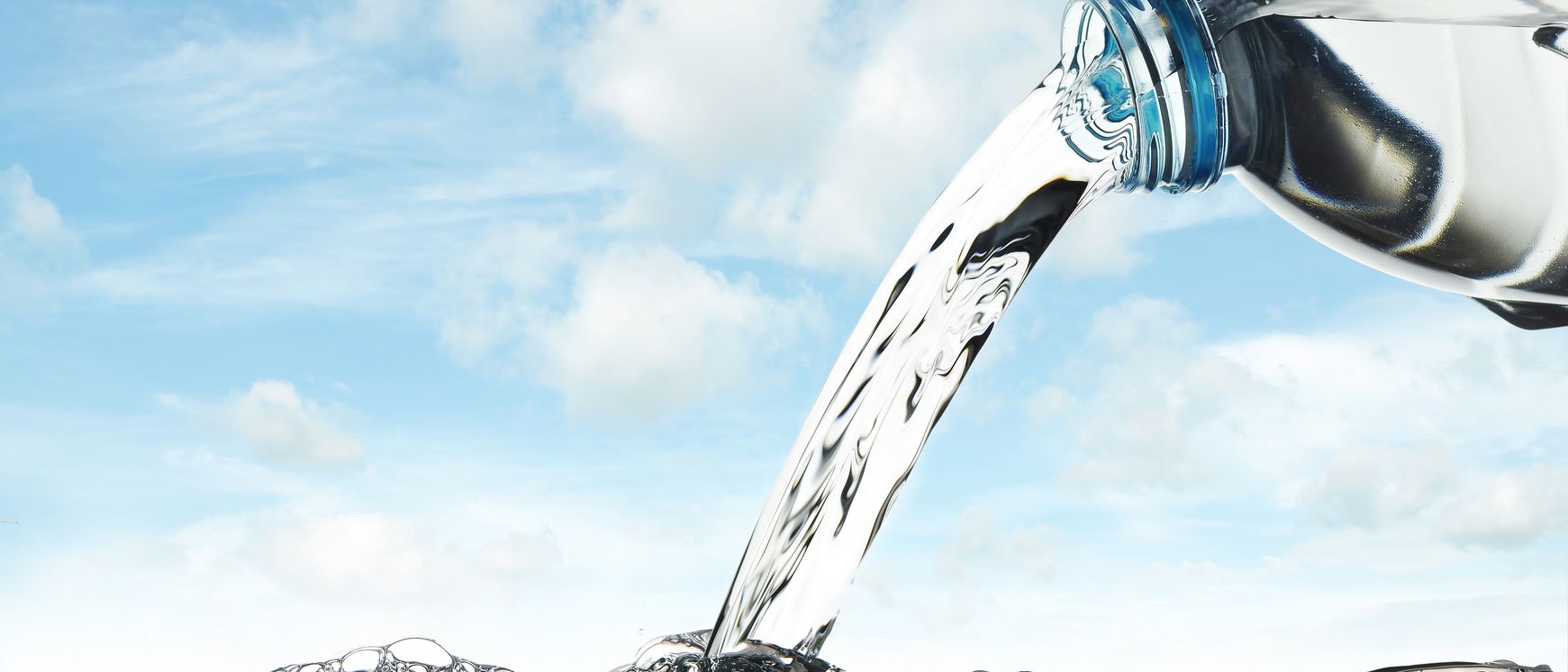Tap vs. Bottle - The Water Issue
October 20, 2017
Almost every function in the body is supported by or associated with water.
While hydration is essential to reducing cramps and thirst, it also provides fuel for the body. Water, which provides hydration, has nutrients and minerals that it carries throughout the body, the oxygen that moves through our lungs, the force that aids digestion, and the liquid that cools the body. For an athlete, and anyone, hydration makes it all happen.
Humans have always needed sources of water. Historically, we settled places that had access to safe water. Typically, we got water from natural springs. These springs contained minerals that had dissolved from the earth. Whether we knew it or not, we were getting electrolytes from these minerals.
These electrolytes, the most important for athletes being Sodium, Potassium, Calcium, Magnesium, and Chloride, all play important roles in maintaining bodily movement. While we can live on little to no food, without water the body shuts down in a fraction of that time. All of the cells in our body require electrolytes to stimulate electrical impulses across membranes. This stimulus helps regulate nerve function, blood pressure, tissue repair and muscle contraction.
While most of us don't drink directly from natural springs today, getting access to good, clean, nutritional water is still important. So which water source do you think is best for us - tap or bottled? The answer may surprise you.
According to the Natural Resources Defense Council (NRDC) after a four-year review of the bottled-water industry and its safety standards, they concluded that there is no assurance that bottled water is cleaner or safer than tap. In fact, an estimated 25 percent or more of bottled water is really just tap water in a bottle—sometimes further treated, sometimes not.
The belief that bottled water is better than tap water is driven by a multimillion-dollar industry marketing effort. Bottled water is regulated by the Food and Drug Administration; whereas tap water is regulated more strictly by the Environmental Protection Agency.
Bottled water consumers are often drinking tap water that has been processed, packaged and shipped, damaging our environment and ultimately costing up to thousands of times the price of drinking this same water straight from the tap.
Bottling companies often take water from sources that local residents depend on for drinking and recreation, thus reducing the availability of local resources for others that depend on them.
One study found that the manufacture, production and transportation of bottled water uses 1,100 to 2,000 times more energy than the treatment and distribution of tap water.
And even if you think you're being environmentally conscious by tossing your plastic bottles in the recycling bin, it's been found that most plastic water bottles are not even recycled (only 29% in 2017).
Bottled water certainly has its place during times when safe drinking water is not available, like during natural disasters, but it should be not be the rule. And while it may have its conveniences, perhaps, think about using a refillable bottle for your water.
Stay tuned as Landice will be introducing a refillable water bottle to our Accessories section of our online store shortly.
.png?width=258&height=54&name=Landice_logo%20(1).png)
